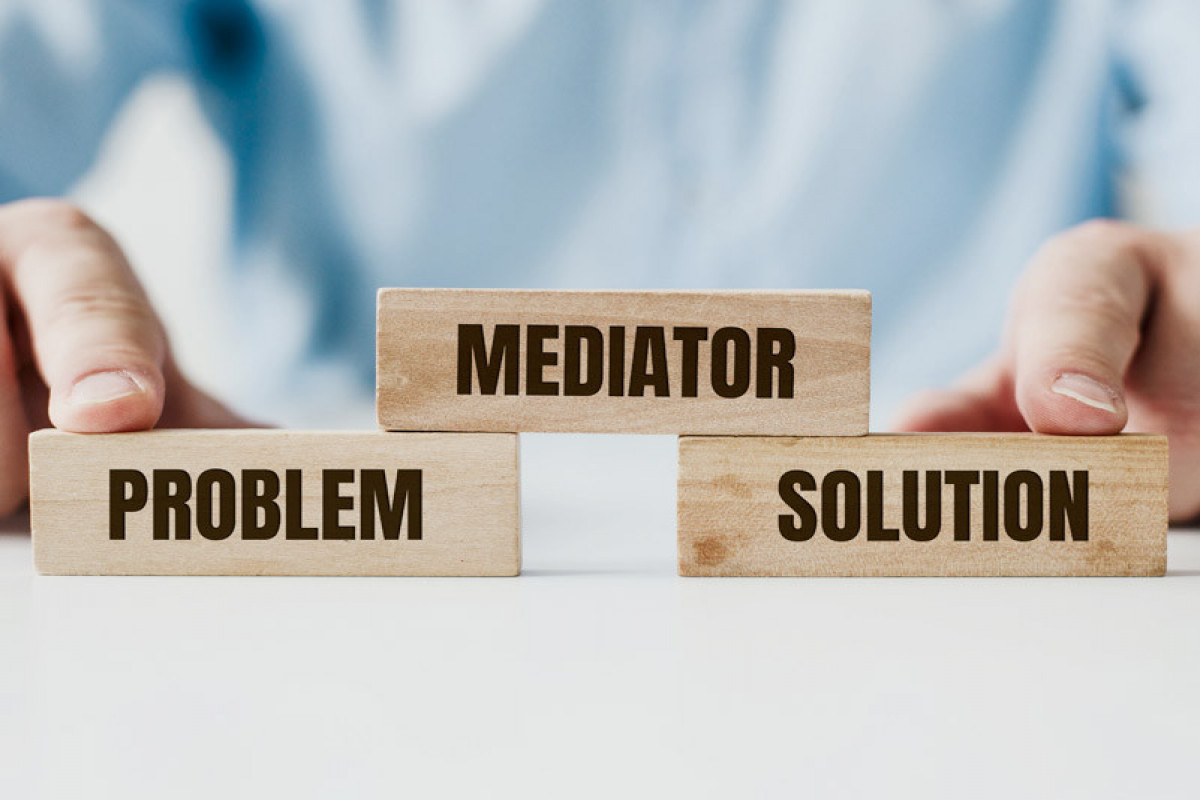Mediation is a process that involves bringing disputing parties together to discuss the issue and come up with a resolution. It focuses on examining the conflict’s root cause and encouraging empathy for one another.
A good mediator will help the disputing parties find solutions that suit their needs and interests. It can also be less costly than pursuing a formal dispute through court.
The role of the mediator
Mediation is a collaborative dispute resolution process. Mediators work with parties to remove impediments, appreciate risk, enhance understanding and explore acceptable options to settle. They do this in joint sessions and private caucuses with the parties.
In a family case, the mediator may also help with the emotional component of the dispute and ease obstacles to communication such as difficult schedules, school times, geographical locations, grandparents and other partners. Sometimes there is a deep-seated cause that can seem to be beyond resolve.
Mediators must be impartial and avoid developing personal feelings of respect, favoritism or distaste for a particular party, or their role becomes compromised. The mediator will often use their knowledge of conflict theory to help the parties identify potential common ground and links in the dispute. They can also be helpful in helping the parties expand their settlement options, and generate options that they might not have considered previously. Often, parties have tunnel vision about what they think is possible and the mediator can help them see other components of a solution.
Preparation is key
It is critical that the lawyers involved in a case be prepared. This includes evaluating the strengths and weaknesses of the client’s case sufficiently in advance of mediation to have an informed discussion with clients as well as to provide their clients with a realistic assessment of the costs and exposure that might be associated with litigation.
Counsel should also be mindful of their own reactions during mediation and be in a position to advise their clients as to how they perceive the mediation is progressing. They should be able to defuse anger or at least deflect it during private caucus sessions by providing an alternative perspective.
Having a clear understanding of the opposing party’s interests is essential to successfully negotiating a resolution. The goal of a mediation is to reach an agreement that the parties can live with. It is important to remember that agreements reached in mediation are voluntary and confidential. Studies show that people tend to have a higher level of compliance with agreements they negotiate themselves versus those they are forced to accept by a court order.
Communication is key
It’s no secret that the success of a mediation hinges on effective communication. Mediators must be able to communicate well themselves and also pay close attention to the communication dynamics of their participants. The ability to manage the conversation in a way that maintains focus and supports resolution is a skill that matures over time.
During mediation sessions, mediators should encourage open-ended questions and use reflective listening to assist parties in clarifying their underlying interests and needs, distinguishing them from positions or demands. They should also help parties generate options and evaluate them to find innovative solutions to their dispute.
It is important to consider cultural differences when communicating with the parties. Mediators should anticipate communication barriers and work to address them before they arise by establishing ground rules, encouraging active listening, addressing power imbalances and providing opportunities for caucuses. They should also utilize techniques like interest-based negotiation, problem-solving and reality testing to assist parties in generating solutions.
Don’t give up
Mediation can be a great option to help parties resolve disputes without the cost and time of litigation. However, it may not work for every case. It is important for lawyers to understand when mediation may not be a good fit for their client’s case.
Effective mediation skills are required to ensure that the process is as efficient as possible and that the participants are able to reach a compromise. These skills include communication, conflict resolution and creativity. They can be developed through formal training and supervised practice or by completing an internship.
Preparing for a mediation takes time and energy. It is critical that lawyers take the time to learn about their clients’ cases and prepare thoroughly for mediation sessions. If not, the mediation will likely fail to accomplish anything or, worse, result in a settlement that unfairly favors one party. This can be very costly for both sides.









